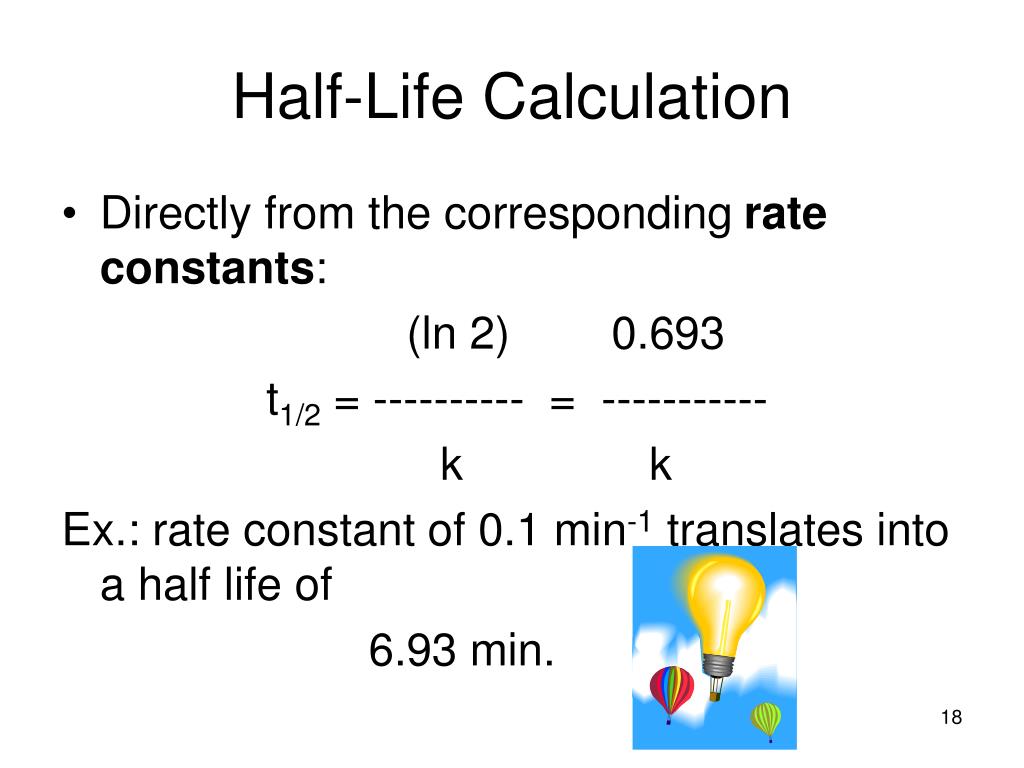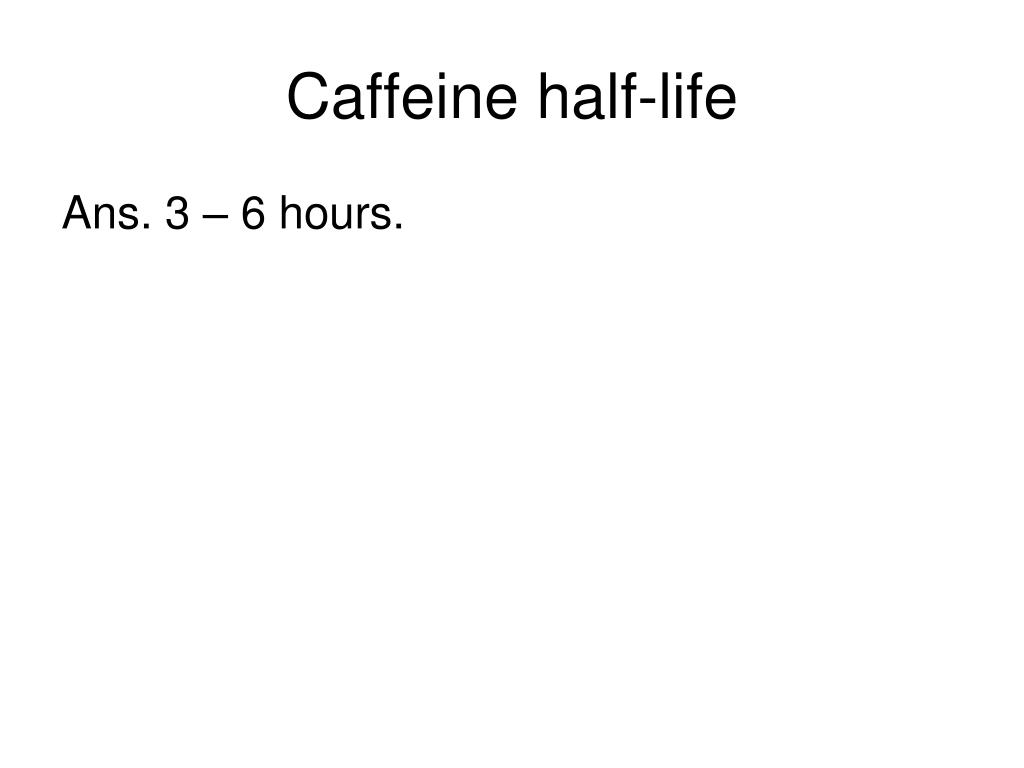
This effect is amplified when coffee is consumed without any accompanying food. Moreover, coffee can interfere with our body's ability to absorb certain nutrients, such as iron, due to its high tannin content. However, when consumed on an empty stomach, this can cause an overproduction of stomach acid, leading to discomfort. The high caffeine content can stimulate the production of stomach acid, potentially leading to heartburn or indigestion.Ĭoffee also contains natural compounds that can stimulate the secretion of gastrin, a hormone that aids in digestion.

While coffee is a beloved morning ritual for many, drinking it on an empty stomach may not be the best idea. Is it bad to drink coffee on an empty stomach? The format of each line is the time you had Caffeine and the amount in milligrams. Please note that this is just informative and should not be used for medical or health purposes. This is a tool to calculate approximately how much caffeine you'll have in your blood based on your intake. To calculate the caffeine you will have 5 hours later, multiply the amount you have with 0.5, and to calculate the amount you will have 1 hour later, multiply the amount by 0.09. It is very easy to calculate this with a calculator. This means if you had 100 grams of caffeine, you would have around 50 grams after 5 hours. The biological half-life of caffeine in typical adults is between 5 to 6 hours. Knowing this can help you adjust your coffee intake in order to improve your sleep schedule, or help you determine how often you should drink caffeine in order to maintain a stable level of caffeine through the day. The half-life of caffeine can be used to calculate how long coffee will affect you after you drink some. Timeshifter will tell you when you could benefit from using caffeine during your trips to get the maximum benefits, and when to avoid caffeine to avoid disrupting your sleep.This page contains information about the biological half-life of caffeine. Caffeine is too powerful for children, and their small size increases the relative dose compared to adults and so caffeine should not be given to children.Įnjoying caffeine at the right time can help increase your energy level while traveling, but caffeine at the wrong time can negatively impact your sleep quality and may reduce your ability to sleep. Using caffeine “little and often”, and then stopping it as long as possible before bed, will optimize the benefits of caffeine and minimize the negative effects on sleep. Having caffeine in your body at bedtime will have a negative effect on your sleep that night. It typically has a half-life of three to five hours so if you take 100mg of caffeine at 10am, you will still have 12.5mg of caffeine in your system at bedtime 12 hours later. Caffeine stays in our system for a long time. As a result, caffeine is a highly effective stimulant. Caffeine is an adenosine-receptor antagonist and therefore blocks the sleepiness-inducing effects of adenosine.

Adenosine is part of the sleep regulation system, and is associated with increased sleepiness. A by-product of this energy use is an increase in the amount of adenosine in our bodies. Work out the caffeine content of your typical drink so you can plan how much to have. Brewed ‘drip’ coffee and energy drinks tend to have very high amounts of caffeine so only half a cup of these is needed every two hours.
#CAFFEINE HALF LIFE CALCULATION HOW TO#
Enjoying caffeine 8 hours or less before bedtime will negatively impact your sleep quality.įor those travelers who want to use caffeine, Timeshifter provides advice on when and how to use it, and when to avoid it, to support the light-dark and sleep schedule that will reset your clock quickly.Ĭaffeine is present in tea, coffee, caffeinated sodas, chocolate, and in some pain medications. More than that will not make you more alert but may reduce your ability to sleep later. When you're tired while traveling, a cup of caffeinated tea or coffee, or a caffeinated soda (equivalent to about 50mg of caffeine) every two hours should help you stay awake.


 0 kommentar(er)
0 kommentar(er)
